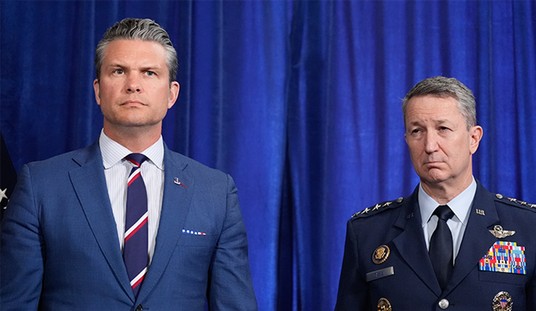Amidst the myriad of global challenges that confront us, the imperative to address Iran's religious fascism and the dire circumstances faced by its people cannot be overstated. It is incumbent upon us, therefore, to embark upon a transformative shift in the Western approach to Iran, one that reverberates far beyond the confines of its borders.
The theocratic regime, by virtue of its associations with terrorism exportation, warmongering propensities, and the propagation of religious fundamentalism, has undeniably become a byword for perniciousness.
The recent eruption of popular dissent within Iran, which commenced in September, serves as a compelling testament to the unwavering determination of the Iranian populace to effectuate the demise of this tyrannical regime. Notably, women have emerged as resolute leaders, their ascendancy building upon the resilient struggle that the organized opposition has waged over the course of four decades.
Against the backdrop of the regime's escalating acts of aggression, the Ukrainian government has put forth a proposition for a protracted 50-year sanction on Iran's religious fascism.
This proposal poignantly underscores the pressing necessity to forsake the policy of appeasement that has regrettably characterized the Western approach for the past four decades. The abject failure of appeasement vis-a-vis the mullahs is exemplified by the deadly attack launched against the organized opposition group, the Mujahedin-e Khalq (MEK), in Albania, as well as the prohibition of a significant rally planned by the National Council of Resistance of Iran (NCRI) in Paris on July 1. Such heinous acts flagrantly contravene the cherished tenets of democratic nations and the international conventions governing human rights.
Recommended
Continued appeasement merely serves to embolden the regime in its relentless pursuit of deleterious policies. The time has undeniably arrived for a fundamental paradigm shift. There exists a strategic blueprint for charting a better path forward. This blueprint includes designating the regime's Islamic Revolutionary Guard Corps (IRGC) as a terrorist organization, acknowledging the intrinsic right of the Iranian people to defend themselves and establish a democratic republic, implementing UN Security Council Resolutions, activating the snapback mechanism, ensuring unequivocal inspections of nuclear and missile facilities, referring the regime's human rights violations to the UN Security Council, and bringing its leaders to account for their genocidal transgressions and crimes against humanity.
Additionally, the imposition of comprehensive sanctions targeting the oil and banking sectors is vital for severing the regime's lifeblood, which sustains its machinery of oppression, facilitates nuclear weapons development, sponsors terrorism, and enables pernicious interventions in the region. Designating the regime as an explicit and imminent threat to global peace and security and subjecting it to the rigorous strictures outlined in Chapter VII of the UN Charter, are essential steps towards safeguarding nations and their interests.
A resolute policy vis-à-vis the regime in Iran not only aligns with the fervent desire of the Iranian people but is also indispensable for the preservation of global peace and stability. Acknowledging the indomitable yearning for freedom that resides within the Iranian people constitutes a strategic response to the grave errors that have marred the West's previous policies. The sole viable trajectory lies in the attainment of regime change.
By designating the IRGC as a terrorist organization and confronting its extraterritorial presence, Western powers can effectively mitigate regional instability and the violence perpetuated by the nefarious activities of this notorious entity. Concurrently, recognizing the inherent right of the Iranian people to defend themselves and establish a democratic republic empowers them to assume agency over their own destiny, forging a path towards a future that embodies their aspirations.
The winds of change in Iran are undeniably gusting, and history implores the international community to rise to the occasion. The NCRI and the MEK serve as beacons of hope, exemplifying the indomitable resilience of the Iranian people in their unyielding pursuit of freedom and justice. The sacrifices they have endured, with over 100,000 lives lost in the quest for liberation, serve as a stark reminder of our shared responsibility to uphold the cherished values and principles that underpin our democratic societies.
Prominent world leaders have unequivocally voiced their recognition of the urgent imperative to address the regime's state-sponsored terrorism and rampant human rights abuses. Now is the moment to transcend mere rhetoric and embrace decisive action, ushering in the long-awaited regime change in Iran. This is exactly what 117 former world leaders did when they wrote to the US and EU presidents and prime ministers of the United Kingdom and Canada, voicing support for Maryam Rajavi’s Ten-point Plan for the future of Iran.
By adopting a resolute policy of confronting the regime's terrorist activities, human rights violations, and regional destabilization, and by steadfastly supporting the Iranian people's quest for freedom and the establishment of a democratic republic, the world can shape a future that befits their aspirations and engenders a more prosperous and peaceful world. Let us embrace this moment, seize the opportunity that history has bestowed upon us, and stand united in solidarity with the Iranian people.


